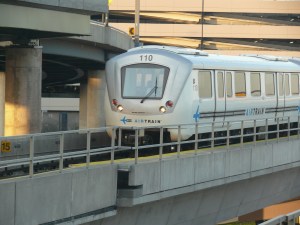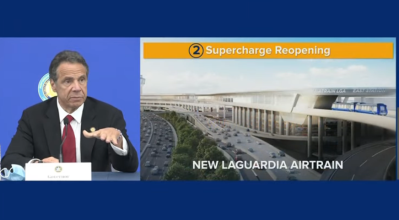Lecture: Advances in Aviation Technology and their Effects on Spatial Development Patterns
Remarks by Robert Checchio
Bloustein School of Planning and Public Policy
Rutgers University
Air travel in the United States is increasingly characterized by long drives to airports, long waits in airport lines, flight delays and canceled flights. Personal travelers may have little choice but to accept the tribulations associated with air travel, but firms that depend on air travel may at some point decide that alternatives to commercial travel need to be found. As firms seek these alternatives, advancements in aviation technology may make areas served by smaller regional and community airports more attractive to firms. This is turn may affect regional economies as firms locate in new areas.
This research seeks to answer the following questions:
- What is the current state of air travel? How are firms reacting to increased air travel congestion?
- What are the technological changes being implemented? Who are the key players? How will firms respond to the new technology?
- Will firms locate or expand in different regions? How will regional economies be affected? What does the preliminary research tell us?
- How should public policy adapt to new business location paradigm?
About the Speaker
Robert Checchio is a graduate student in the Ph.D. program at the Edward J. Bloustein School of Planning and Public Policy at Rutgers University. He holds a Masters of Public Affairs and Politics from Bloustein School, an MBA from the Rutgers Graduate School of Management, and a BA in Mathematics from Rutgers College. He is a member of Beta Gamma Sigma, the Honor Society for business schools. Mr. Checchio also attended the Executive Development Program – The Wharton School of the University of Pennsylvania.
Mr. Checchio began his policy studies after retiring from AT&T for which he worked for over 24 years. His current research examines the relationship between technological changes in the aviation industry and changes in spatial development patterns. His research is being funded by Rutgers University, the New Jersey Department of Transportation, the Wolf Aviation Fund, and the University Transportation Research Center. Mr. Checchio is also currently engaged in a New Jersey DOT-funded study of New Jersey public and private heliport policy. He recently co-authored with Rutgers Professor Michael Lahr an economic study of Trenton-Mercer Airport in New Jersey.

